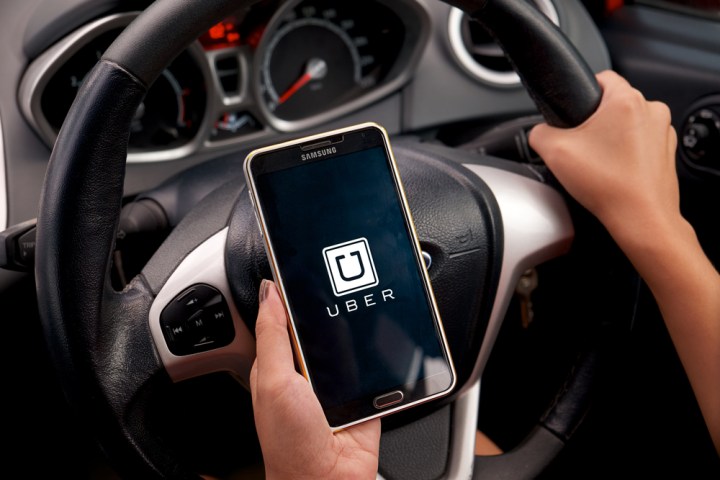
The ruling last Thursday referred to UberPop, “the company’s low-cost service, in which drivers do not have professional livery licenses,” according to the New York Times. Following strikes by taxi unions and the government’s banning of UberPop in France, the company rid the country of its low-cost service last summer.
Uber has suffered slight growing pains since it expanded to operate in 300 cities around the world in the past year, as governments and unions have battled the service, claiming it breaks local laws and is “a threat to public safety.” The New York Times stated that the company has denied these accusations.
Following the recent ruling in France, the company was fined $906,000, but half the figure was suspended. In addition, Uber head of Europe, the Middle East and Africa, Pierre-Dimitri Gore-Coty, as well as the general manager in France, must pay a combined $28,500. Charges against the two executives related to privacy have been dismissed.
“The acts committed constituted violations, repeated over time, of laws related to two major and distinct areas of social life: the laws organising the public transport of people, and those protecting personal data,” judge Cécile Louis-Loyant said, according to a Dow Jones newswire.
Uber has no plans to reform the way it operates in France any time soon, however.
Uber spokesperson Gareth Mead said in a statement Thursday that “the judgment does not impact our services in France today — which now connects more than 12,000 professional drivers with 1.5 million passengers — but we will appeal.”
The UberPop service has also been under legal attacks in Italy, Belgium, Spain and the Netherlands, according to Ars Technica. On the same day as the France ruling, a Frankfurt court rejected Uber’s appeal against a ban on the service in Germany, the site wrote.
The company’s struggles in French courts don’t start and stop with the Frankfurt ruling, as Uber is also being investigated in the country for its legal arrangements with its drivers. Uber has argued that its drivers are independent contractors, not employees, while French regulators disagree, Ars Technica reported.
Uber’s legal issues are expected to continue as it matures as a company, but it will have to determine a method of operating within international laws soon if it hopes to avoid future bans and penalties.


